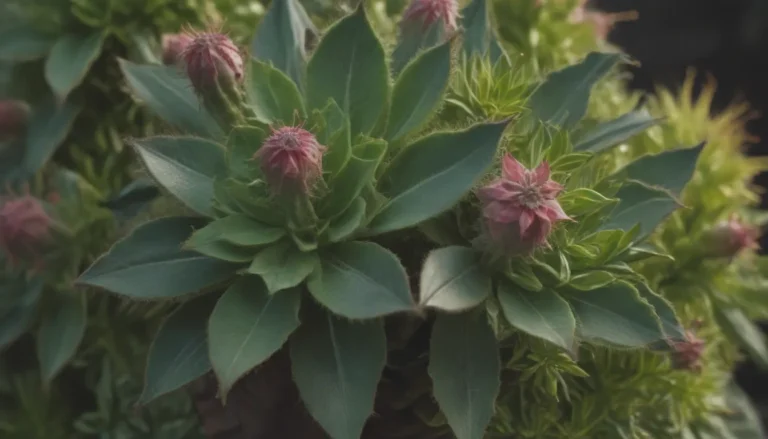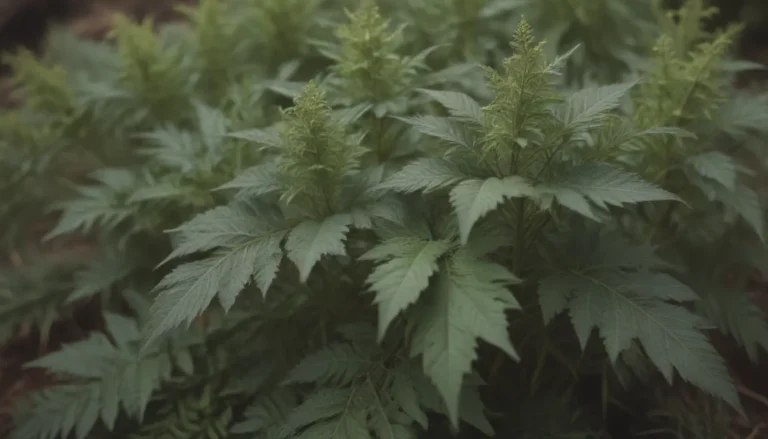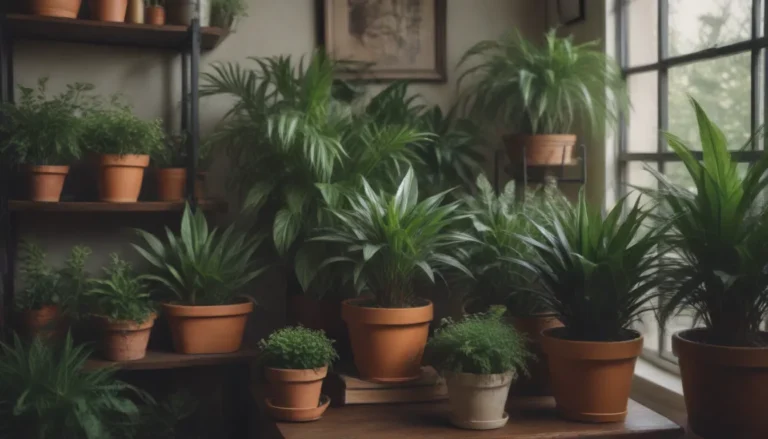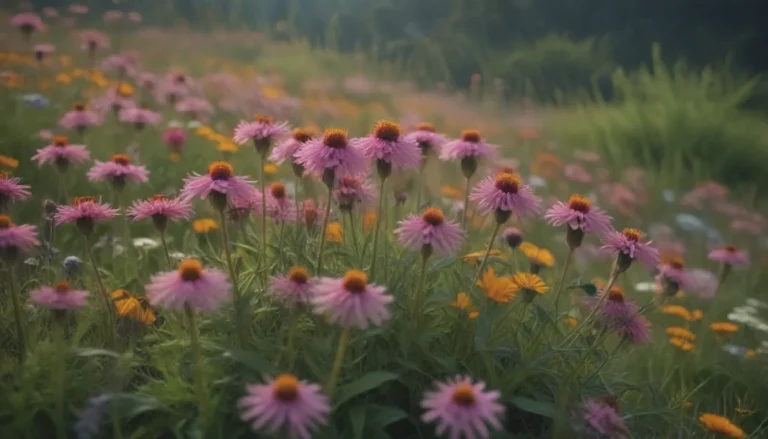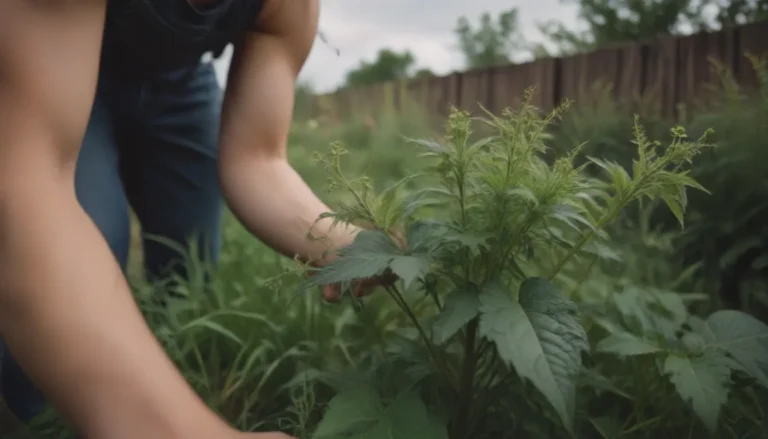The Benefits of Companion Planting Flowers and Herbs in Your Vegetable Garden
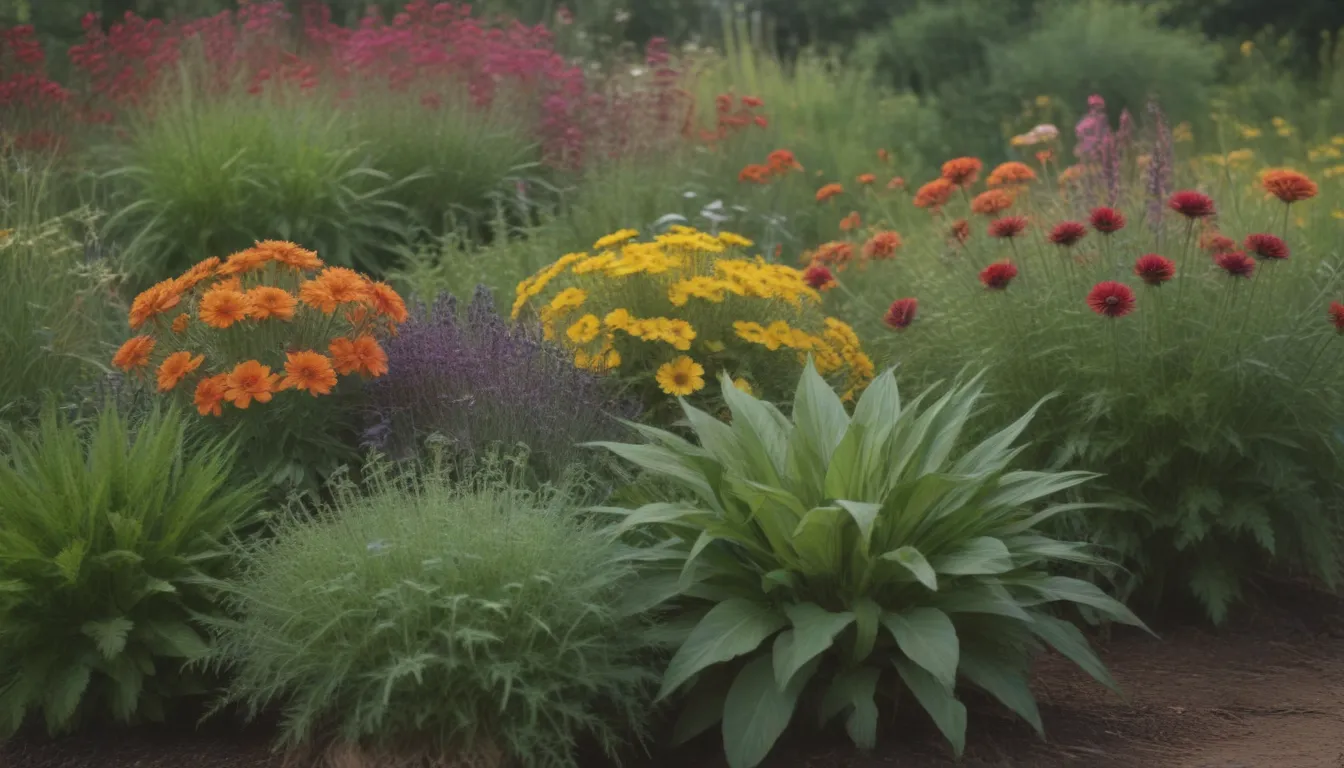
Are you looking to add a little extra flair to your vegetable garden while also boosting its productivity? Well, look no further than companion planting flowers and herbs alongside your veggies! Contrary to popular belief, vegetables and flowers can make great garden companions, offering a range of benefits beyond just visual appeal.
Companion Plants as Trap Crops
One of the key advantages of companion planting is using trap crops to lure insect pests away from your precious vegetables. By planting sacrificial plants that pests find irresistible, you can protect your main crops from damage. For example, surrounding cabbage with collards can attract diamondback moths, allowing you to hand-pick and destroy them. Nasturtiums are well-known for attracting aphids, while chervil can keep slugs away from your leafy greens. Just be sure to weigh the risks before planting trap crops, as they may attract more pests to your garden if not used strategically.
Pollinators Are Attracted to Nectar-Rich Plants
To ensure your vegetable plants get the pollination they need to thrive, it’s essential to attract pollinators like bees to your garden. Planting nectar-rich flowers in shades of blue, yellow, or white can help draw in these essential pollinators. Flowering herbs like oregano and thyme are particularly attractive to bees, so don’t forget to set aside some plants for them to enjoy. Popular choices for attracting pollinators include cosmos, sunflowers, and zinnias, along with herbs like mint and thyme.
Some Plants Lure Beneficial Insects
Not all insects in your garden are pests, some actually help to keep pest populations in check. By planting flowers and herbs that attract beneficial insects like ladybugs and parasitic wasps, you can naturally manage pest populations. Parsley, dill, and flowers from the aster family are great choices for attracting beneficial insects that will help protect your vegetables.
Repel Garden Pests With Certain Plants
While the efficacy of plants in repelling garden pests is still up for debate, many gardeners swear by certain companion pairings to keep pests at bay. Marigolds, for example, are believed to repel bugs from potatoes, tomatoes, cabbage, and squash. However, some gardeners have reported that cabbage and beans do not thrive when planted next to marigolds, so it’s important to experiment and see what works best for your garden.
Many Types of Plants Promote Biodiversity
Companion planting not only benefits your garden aesthetically and functionally but also promotes biodiversity. By planting a variety of plants rather than monocrops, you can confuse insect pests and attract beneficial insects that help keep pest populations in check. While the exact relationship between different plant species is still being studied, planting a diverse range of plants in your garden can have numerous benefits for your overall garden ecosystem.
Hide the Cutting Garden
A unique advantage of companion planting flowers in your vegetable garden is the ability to incorporate a cutting garden within your vegetable patch. By planting flowers alongside your vegetables, you can ensure that your cutting garden always looks full and vibrant, even as you harvest flowers for arrangements. This not only adds visual appeal to your garden but also serves a practical purpose by attracting pollinators and beneficial insects.
Incorporating annual and perennial flowers together is a great way to ensure your garden remains in bloom throughout the growing season. Planting flowers like black-eyed Susans alongside cosmos or daylilies can provide continuous color and interest in your garden. Daylilies also pair well with coneflowers, lavender, or yarrow, creating a visually appealing and productive garden space.
In conclusion, companion planting flowers and herbs in your vegetable garden can have a multitude of benefits, from attracting pollinators and beneficial insects to repelling pests and promoting biodiversity. By strategically selecting companion plants to complement your vegetables, you can create a harmonious and productive garden space that is both beautiful and bountiful. So, why not give companion planting a try in your garden and reap the rewards of a vibrant and thriving garden ecosystem!
